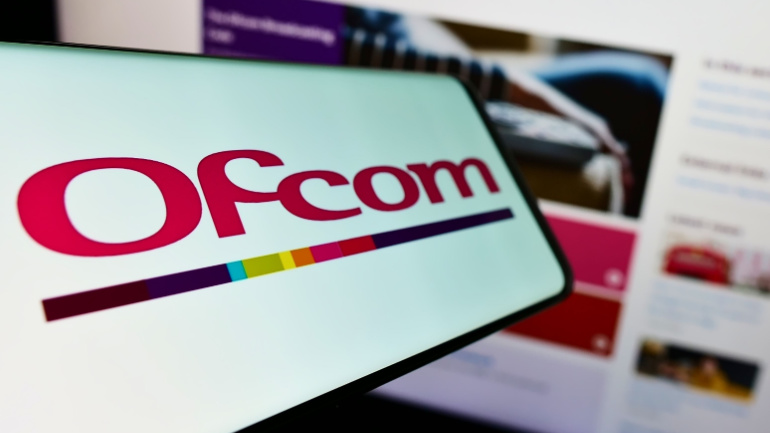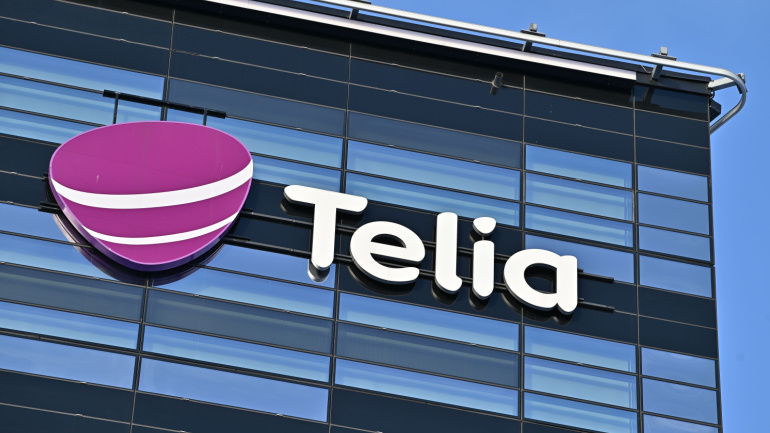The fusion of AI into data centres is sparking a vigorous debate – will it result in job losses or enable a more efficient, innovative industry? A staggering 75% of operators expect AI to reshape staffing, yet remain cautious about perceiving AI as a total problem solver.
Ofcom’s recent quarterly report reveals a surge in customer complaints against Virgin Media, prompting scrutiny into its cancellation policy. Despite contention from VMO2, the report paints a stark contrast between Virgin Media’s dissatisfaction rates and Sky’s remarkable customer approval.
In a collaborative effort to bolster marine conservation initiatives, Orange Business, the business-to-business (B2B) segment of a prominent European telecommunications group, has joined forces with Tēnaka, an organization dedicated to safeguarding marine ecosystems. The partnership aims to enhance coral reef restoration within a Marine Protected Area of the Coral Triangle in Malaysia, focused on the protection and preservation of wildlife.
Enreach, Europe’s leading provider of converged contact solutions, announced that Tonny Siemons, the company’s business development lead for its Microsoft Teams and Microsoft Operator Connect integration strategies, will speak at ITEXPO, one of the world’s largest communications technology conferences. The event is scheduled for 13-15 February, 2024 at the Broward County Convention Center in Fort Lauderdale, Florida.
Telecommunications giant Kirin partners with Chinese auto manufacturer Dongfeng, aiming to innovate in ‘new energy’ automobiles. The deal looks to infuse Huawei tech into Dongfeng’s vehicles, sparking curiosity around specifics and outcomes. Voyah, the brand at the center of the deal, ambitiously plans to double their output, leveraging China’s vigorously blooming EV market.
Telia, Sweden’s telecom giant, is reportedly considering selling off its broadcasting division, TV4, with negotiations in progress with potential buyers. This comes as TV4’s value declines, attributed to dwindling ad revenue and challenges with premium sports content. Critics suggest Telia misunderstood the complexities of the TV industry, with former CEO of TV4, Jan Scherman, openly critical of the acquisition.
Despite Europe’s stride towards a digitally advanced future, the current uptake of 5G stands at only 2.5%. This stands in stark contrast to how tech giants like North America, China, Japan, and South Korea are faring. While European market figures on Fibre-to-the-Home (FTTH) appears promising, various challenges, including recent antidumping measures, have stymied progress and exacerbated the digital divide.
ITS has launched the enticing Faster Britain bus initiative, a design tour autour du pays to spread the word about their newly unveiled full-fibre network. The double-decker bus will serve not only as advertisement but a consumer engagement podium, hosting training events at over 70 networks, engaging directly with tech enthusiasts and initiating digital inclusion programs.
Telefonica triumphs in securing exclusive rights to broadcast elite Spanish football through their Movistar Plus service, committing an eye-watering €1.29 billion for this privilege till the 2026-27 season. They’ve successfully navigated past Spain’s competition regulator’s conditions, opening a window of opportunity for their substantial investment.
Riedel Communications’ switch to Bolero wireless intercom system partnered with RISE® Pacific, signals a new era for complex rigging and high-risk vertical operations. The technology bridges the communicative gap in such challenging settings, propelling safety and efficiency to extraordinary levels. Furthermore, it doubles as not just a life-saver, but a camaraderie builder among RISE Pacific team members, evident in the new shared music channel.













